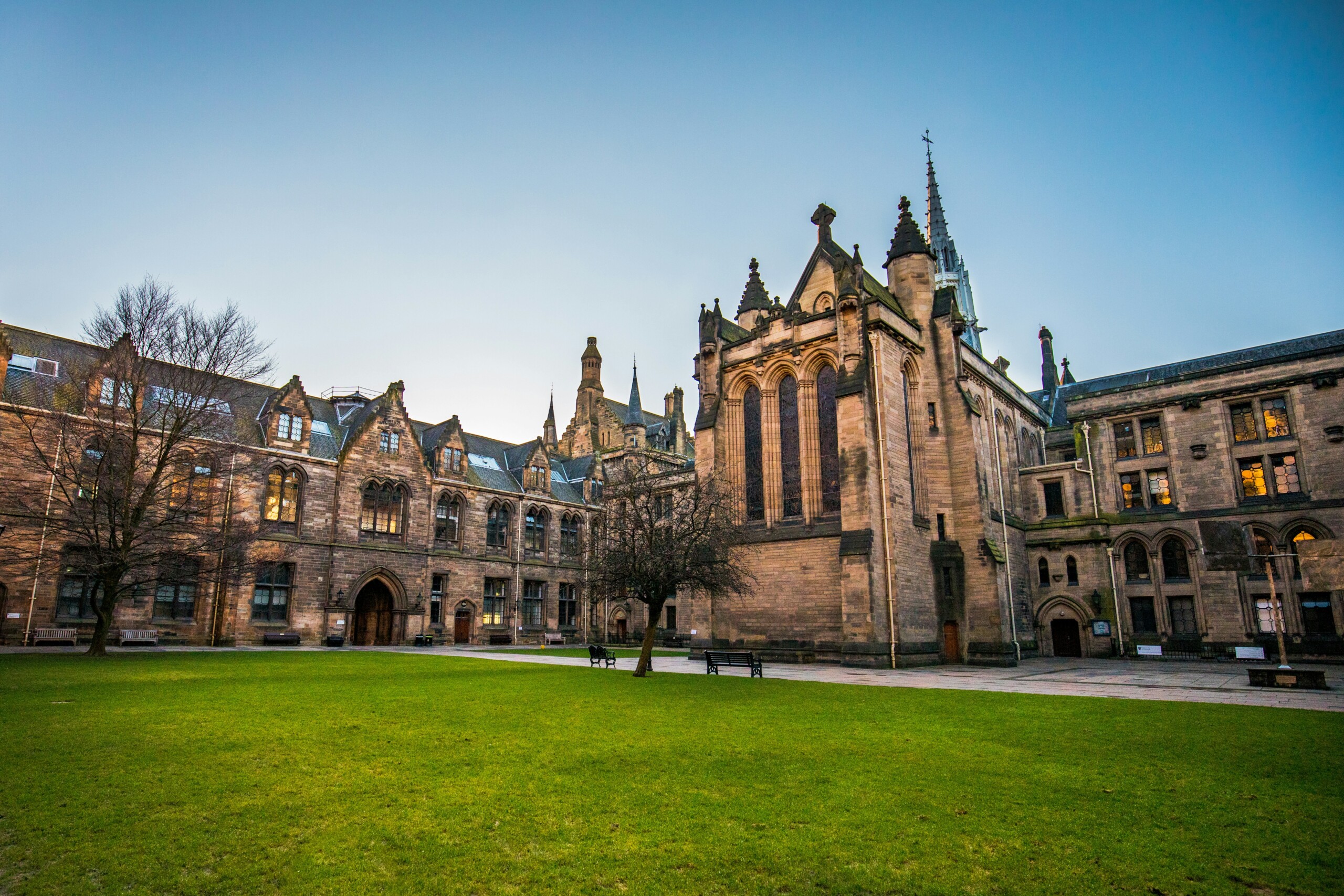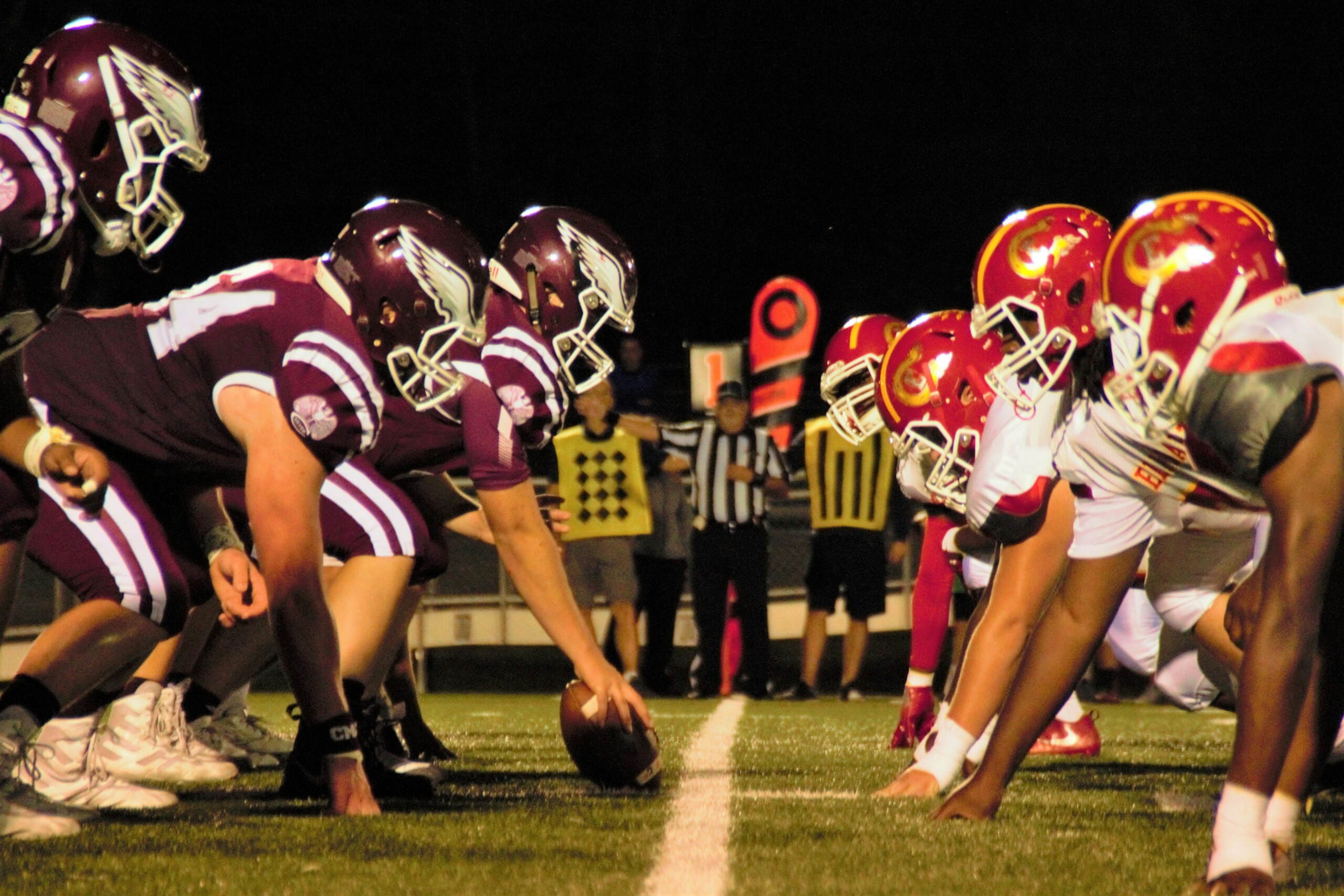Editor’s Observe: We apologize for the modern byline glitches and broken back links in our posts. Due to the changeover related with the tragic passing of our IT supervisor, we are going through some complex challenges that we are operating to take care of. Many thanks for your persistence.
But ourcitizenship is in heaven.
And we eagerly await a Savior from there, the Lord Jesus Christ.
– Phil. 3:20 (NIV)
Instructional Nationalism is one of the significant temptations for Christian instruction leaders nowadays. Academic Nationalism, which in liberal democracies I contact Schooling for Meta-Democracy, is characterised by two important features. First, it can make building citizens the primary concentrate of educational institutions. In contrast, Christians really should seek to humanize learners by encouraging them recover their initially meant vocation: to be graphic bearers of God. Only that intent prevents politics from distorting the universitys finishes. This essay will provide some examples of Training for Meta-Democracy, describe its implications for ethical schooling, and talk about the evidence about how Christian establishments are addressing this temptation.
How do you location an institution that has succumbed to Meta-Democracy? 1st, you glimpse at their mission statement and see how they determine the people whom they hope to teach. An establishment focused on Meta-Democracy will define the consequence as some kind of earthly citizen. For instance, The mission of Kansas Condition College is to foster excellent educating, study, and company that establish a highly expert and educated citizenry necessary to advancing the effectively-getting of Kansas, the nation, and the global community. It is also the thinking behind such guides as Amy Gutmann’sDemocratic Instruction.
Considering the fact that publicly funded better education institutions now educate more than three-fourths of American college students, larger instruction establishments, scholars, and college habitually use this type of language and define the intent for all of greater training. Take into account the authors of the to start with 20-very first-century e book to survey moral education in larger schooling fittingly titled, Educating Citizens (the authors followed up with a e-book identified as Educating for Democracy). The authors proclaimed, Better Training has the possible to be a highly effective influence in reinvigorating the democratic spirit in The united states.
To make their place, the authors drew on the outcomes of a three-12 months research in which they examined a lot more than 100 faculties. The establishments all emphasised ethical and civic training as central to their mission and sought to foundation moral training on students identity as citizens. Thus, instead than leaving pupils to outline morality on their conditions, these establishments sought to direct pupils to redefine their personalized id, making feeling of themselves as citizens and ethically liable people central to that id. For community establishments, we can fully grasp this focus, but we must realize this framing as problematic.
To emphasis to start with on educating citizens, as education for Meta-Democracy does, is to minimize training to its political reason in its place of its human intent. It distorts the human individual to be mostly a political animal, and it tends to make bigger schooling mostly about forming citizens of an earthly kingdom. In distinction, Christians believe education and learning must be about aiding learners realize their main vocation: to be and bear Gods graphic.
The second dilemma that emerges from education and learning for Meta-Democracy is that establishments with these ends focus principally on encouraging students to acquire political virtues. The extra liberal politicized establishments or businesses concentrate on social justice. For instance, the Association of American Colleges and Universities (AAC&U) described the universitys accountability as responsibility for societys ethical wellbeing and for social justice [and] lively participation as a citizen of a varied democracy. The statement defended a problem with the moral daily life on the subsequent foundation: The integrity of a democratic culture is dependent on citizens sense of social obligation and ethical judgment. Curiously, when highlighting this assertion in the most new edition of How Faculties Influence Pupils, the authors chose to emphasize that universities are billed with preserving the integrity of a democratic society and the responsibility for societys ethical overall health and for social justice.
The apparent difficulty with this strategy has been established forth by Eboo Patel and Cassie Meyer who observe with regards to social justice and interfaith instruction:
In our practical experience, activities and plans concentrating on social justice generally have embedded explicitly or implicitly, progressive political convictions. Set otherwise, an articulation of social justice that seeks to realize modern society and interactions in terms of power, privilege, and oppression usually seems like a undertaking that necessitates political commitments that may perhaps not be shared by many who hope to be incorporated in interfaith perform.
Since politically liberal universities, businesses, and establishments comprise the the vast majority of academia, social justice gets the most emphasis.
There are, having said that, average and conservative varieties of this advantage reductionism. Reasonable establishments are inclined to concentrate on the one particular virtue that conservatives and liberals feel to concur on and that is assistance. Still, support is usually conceptualized as some thing a single does for the nation, types politically discovered group, or types expert association. The a lot more politically conservative universities, of which there are really few, are inclined to rely on old virtues these as honor or company. These are spots these as army academies, the final couple of remaining mens faculties, and conservative institutions in the south, this sort of as Texas A&M University. Like the phone for guys to be gentlemen, this ethical virtue has mainly pale for several causes I address in The Dismantling of Ethical Schooling.
In any of these sorts, the adherence to Meta-Democracy ultimately potential customers educational establishments not only to prioritize political identities but also to cut down the virtues on which people must aim. This reduction devalues the value of other virtues related with pursuing id excellence in all other regions of daily life this kind of as those expected for friendship, household, stewardship of mother nature, ones entire body, and culture, and certainly not kinds religious identification. Nevertheless, as we see all through our society and other societies (e.g., communist nations), with out the apply of other virtues, any advocacy of social justice, assistance, and honor results in being much less helpful and undermines these virtues. For case in point, when social justice advocates in the Meta-Democratic tradition omit the follow of other virtues when advocating for their induce, they rely considerably less on the reality and goodness of their trigger and far more on ability, social pressure, and disgrace. In distinction, the pursuit of social justice inside of the Christian tradition acknowledges the require for other virtues, as was the situation with Martin Luther King, Jr. who combined his pursuit of social justice with virtues these kinds of as self-command, like for kinds enemy, and nonviolence.
To what degree have Christian universities succumbed to these two problematic functions of Meta-Democracy? It mainly relates to how they operationalize their Christian id in general. For case in point, in seeking at 539 Christian college mission statements, there are 240 statements that possibly mention Christ, Christian, or Christianity in their mission statement. Not remarkably, 75% of those people statements arrive from the 160 institutions scoring over 13 on my Operationalizing Christian Identity Tutorial (OCIGfor facts see my book on Christian Higher Education: An Empirical Guideline). Only 25% of the 213 establishments scoring a 13 or underneath point out these identification text in their mission.
In distinction, only 25 mission statements targeted on educating citizens. Not amazingly, 80% of these institutions scored 13 or a lot less on my 27-point (OCIG). It appears that 1 path to secularization and academic nationalization arrives from prioritizing political identity previously mentioned ones core Christian identification.
Now, when it comes to virtue, those people Christian universities operationalizing their Christian identification are demonstrating a potent counter-cultural motion that emphasis on much more than a person advantage. For instance, a reserve published by The John Templeton Foundation, Colleges that Persuade Character Enhancement, regarded only nine public institutions out of 100 colleges and universities that demonstrated a solid campus-large ethos that articulates the expectation of personal and civic accountability in all dimensions of faculty lifetime. A few of those establishments were being armed forces academies. 5 of the other establishments did not aim on virtue progress beyond service and educational honesty. Interestingly, the only endeavor to implement a wide character or advantage-focused technique on a point out campus at Colorado Condition University was brief-lived. In contrast, seventy of the institutions earning up Templetons record ended up religiously affiliated with most of all those concentrating on building a huge variety of virtues.
My own additional new study has verified that this craze has ongoing and the Christian academic establishments concentration on far more than social justice, services, or honor and are inclined to draw on the wide tradition of Christian virtue. Christian instructional establishments need to acquire heart how they are resisting Meta-Democracy. For now. That becoming claimed, Christian universities really should constantly be conscious that we really should really encourage our students to get all of Gods virtues (e.g., the fruit of the Spirit) and not simply a advantage or two that relate to our identification as earthly citizens.
I must take note that I not long ago observed one relating to oddity that demands to be addressed to make guaranteed establishments do not give into this temptation. Not one Christian mission assertion at any Christian college refers to students as currently being bearers of Gods image. Nor does even 1 articulate the mission in the way of Hugh of St. Victor who taught at a precursor to the 1st university in Paris. He famous the liberal arts are significantly intended to support restore in just us the divine likeness, a likeness which to us is a sort but to God is his character. If one wants to concentrate on a larger sized audience without the need of secularizing or nationalizing, Christian universities really should continue to keep Hugh of St. Victors objective for the liberal arts in brain. Education and learning for the flourishing of Gods impression bearers starts there.



